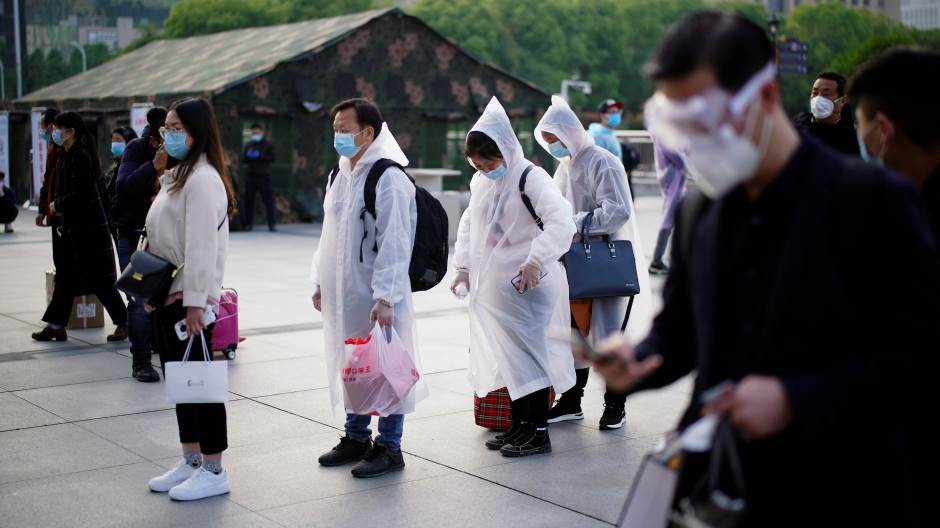
"It's not over until it's over," said South Korean President Moon Jae-in, speaking Sunday after a new cluster of coronavirus cases emerged in the country's capital Seoul, sparking fear of a second wave of infections in the East Asian country.
South Korea was among the first places to deal with a major coronavirus epidemic, and seemed to be on track to loosen restrictions, after weeks of social distancing measures and careful surveillance. But the new cluster seems to have put an end to that, for now, with Moon warning his people "we must never lower our guard regarding epidemic prevention."
China too, is introducing renewed restrictions after two cities reported new cases of the virus. Shulan, in Jilin province in the country's far northeast, has been put under lockdown, following 11 newly confirmed cases. Jilin borders both Russia and North Korea, and concerns have previously been raised over imported cases from overseas causing a renewed outbreak.
More alarming are the new cluster of infections in Wuhan, the central Chinese city where cases of the novel coronavirus were first detected late last year. Wuhan was the first city in the world to enter into lockdown, only returning to relative normality late last month after 76 days.
On Monday, city officials said five new cases had been confirmed in the city, none of which were imported from overseas. While that is a far cry from the figures at the beginning of the crisis, or those being reported daily across much of western Europe and the United States right now, the apparent ability of the virus to continue spreading undetected -- especially in a city as intensely surveilled and restricted as Wuhan -- will lead to concerns about the viability of reopening.
Kakvo je tvoje mišljenje o ovome?
Učestvuj u diskusiji ili pročitaj komentare





 Srbija
Srbija
 Hrvatska
Hrvatska
 Slovenija
Slovenija







